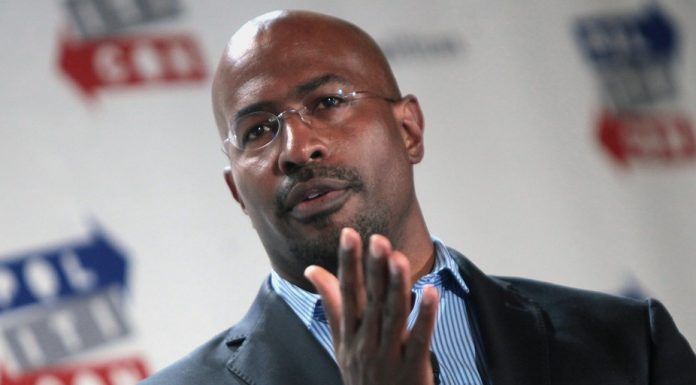(Jon Miltimore, Foundation for Economic Education) Jonathan Haidt has become one of the thinkers I make a point of listening to when he speaks or writes.
Like the late Christopher Hitchens and Charles Krauthammer—two thinkers I often disagreed with but deeply respected—I may not always agree with Haidt, a social psychologist and professor at New York University. But his sheer intellect, creative way of exploring ideas, and perspective on (mis)communication have a way of challenging my thoughts and assumptions in a constructive and sometimes challenging way.
So when I saw that Haidt recently delivered a speech at the University of Colorado Boulder on his bestselling book The Coddling of the American Mind, I decided to see what he had to say. (The entire lecture can be viewed below.)
Much of the substance of Haidt’s talk on the rise of fragility in society I’d heard before (I’ve been writing on Haidt’s ideas for years). He shares an abundance of evidence and anecdotes showing that the concerted effort to shield young people from “harmful” ideas and discussions is causing a variety of emotional and social problems.
At the end of the lecture, however, Haidt shares a gem I’d not seen before.
“It’s the best statement of anti-fragility I’ve ever seen,” says Haidt.
‘I Want You to Be Strong’
The comments come from a surprising source: CNN Host Van Jones, a best-selling author and speaker who served in the Obama administration. As Haidt points out, Jones isn’t a hard-nosed conservative. He’s a progressive activist, but he sees serious problems with the approach many universities are taking to stifle open discourse and debate.
Jones’ comments, made during a panel discussion on safe spaces at the University of Chicago in 2017, have been posted in their entirety below so they can be read in their full context:
I don’t like bigots and bullies. I just want to point that out… But I got tough talk for my liberal colleagues on these campuses. They don’t tend to like it but I think they like me so I get away with it. I want to push this.
There are two ideas about safe spaces: One is a very good idea and one is a terrible idea. The idea of being physically safe on a campus—not being subjected to sexual harassment and physical abuse, or being targeted specifically, personally, for some kind of hate speech—“you are an n-word,” or whatever—I am perfectly fine with that.
But there’s another view that is now I think ascendant, which I think is just a horrible view, which is that “I need to be safe ideologically. I need to be safe emotionally I just need to feel good all the time, and if someone says something that I don’t like, that’s a problem for everybody else including the administration.”
I think that is a terrible idea for the following reason: I don’t want you to be safe, ideologically. I don’t want you to be safe, emotionally. I want you to be strong. That’s different.
I’m not going to pave the jungle for you. Put on some boots, and learn how to deal with adversity. I’m not going to take all the weights out of the gym; that’s the whole point of the gym. This is the gym. You can’t live on a campus where people say stuff you don’t like?! And these people can’t fire you, they can’t arrest you, they can’t beat you up, they can just say stuff you don’t like- and you get to say stuff back- and this you cannot bear?! [audience applause]
This is ridiculous BS liberals! My parents, and Monica Elizabeth Peak’s parents [points to someone in the audience and greets her] were marched, they dealt with fire hoses! They dealt with dogs! They dealt with beatings! You can’t deal with a mean tweet?! You are creating a kind of liberalism that the minute it crosses the street into the real world is not just useless, but obnoxious and dangerous. I want you to be offended every single day on this campus. I want you to be deeply aggrieved and offended and upset, and then to learn how to speak back. Because that is what we need from you in these communities. [applause]
Exposure to Ideas (Good and Bad)
Van Jones is right that we harm young people by trying to protect them from ideas.
In a 2020 article on censorship, Dan Sanchez explained how efforts to protect individuals from “fake news” come at great cost.
Sanchez continued:
“When paternalistic censors seal us up in a sterile bubble of ideas for our own ‘protection,’ they deprive us of the chance to develop through experience our own ability to identify and grapple with bad ideas. As soon as a bad idea penetrates our bubble, we have no defenses against it. Our lack of experience with the responsibilities of intellectual independence has left us naïve, credulous, and gullible.”
If we truly care about young people, we’d stop trying to make them emotionally “safe” and focus more on making them emotionally strong. When we quarantine people from harmful ideas—or “pave the jungle” for them, to borrow Jones’ analogy—we do them a great disservice…Original Source…

